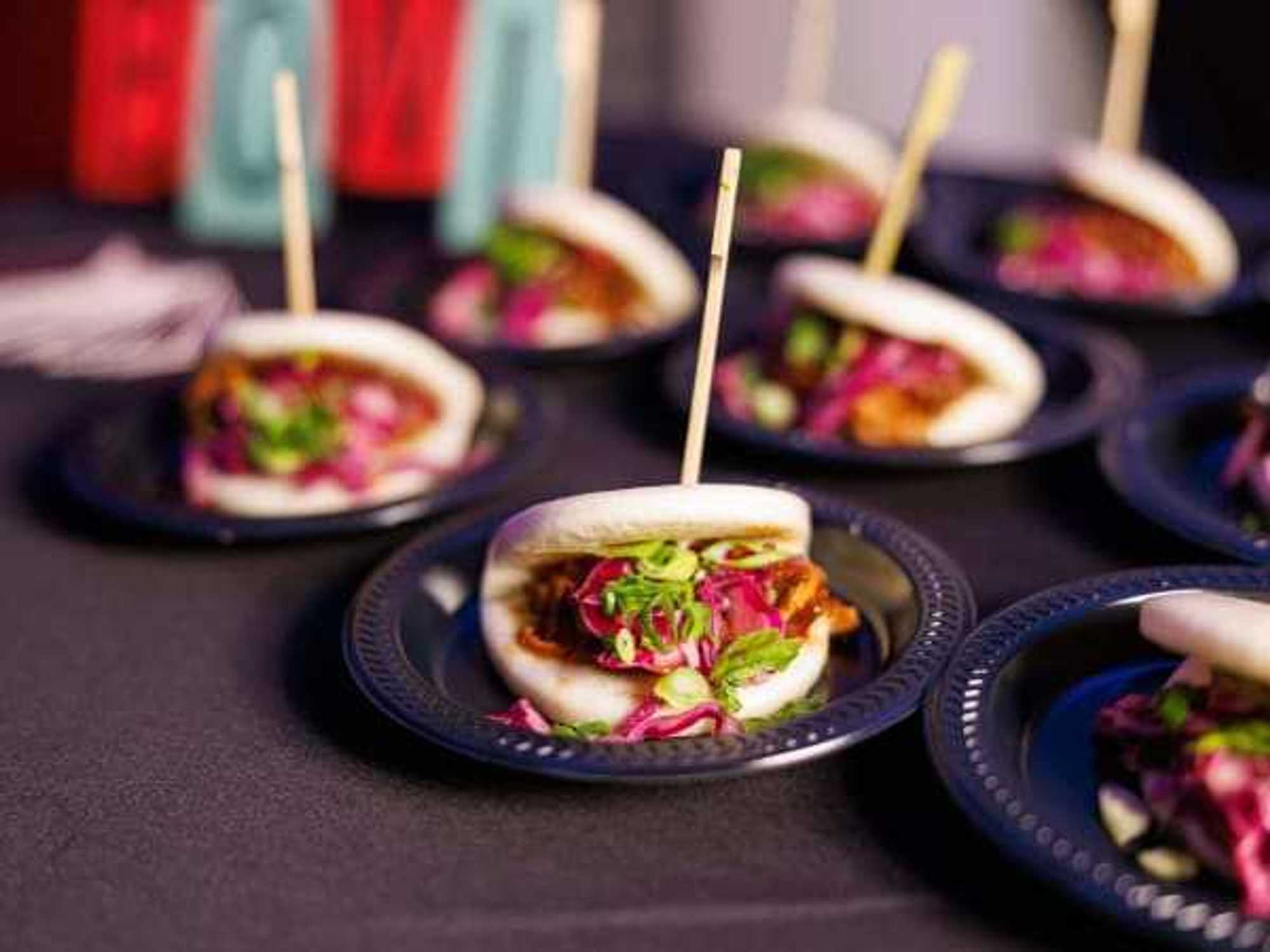Cocktail News
What is that dried-up lime slice doing in your Dallas-made cocktail?

If you're a Dallas bon vivant who enjoys a good cocktail, then you may have lately noticed a mystifying object perched on the rim of your glass. It looks like fruit, but instead of the juicy fruit you know and love, it's gnarly-looking and dried up.
Before you toss it onto the bar and complain to your server, know this: It is no mistake. That dried-out fruit has been dried out, aka dehydrated, intentionally.
Dehydration is a trend that's emerged in the world of mixology in the past few years, and it represents another step for bartenders in their ongoing journey toward upgrading the culinary profile of cocktails.
Cocktails have vastly improved thanks to bartenders who've gone to the kitchen for fruits, vegetables, and kitchen techniques. Whether it's freshly squeezed juices or fresh herbs like rosemary and cilantro, it gives drinkers a superior experience at your typical bar.
Enter the dehydrator — a device that exposes foods to warm air to suck out their moisture and thereby preserve them. You can dry fruit, vegetables, even animal products like jerky and cheese. Wikipedia says that drying has been practiced since antiquity.
But a line needs to be drawn — and that line needs to be drawn at the dried-up slice of lime.
Dehydrators everywhere
Dehydrated fruits and vegetables started showing up as a drink garnish about a decade ago but hit Dallas big in the past year, at bars such as Bowen House, Bourbon & Banter, Jettison, The Standard Pour, and more.
"I have a dehydrator in every single one of our bars," says Kyle Hilla, beverage manager at the Statler Dallas hotel. "It's a good way to use up fruit that would otherwise get tossed. You slice it up and dehydrate it. The other big part is peeled fruits — you're using all these orange peels and lemon peels as garnish, but that leaves you to find a use for the rest of the fruit."
Hilla first became aware of dehydrators at bars via Trash Tiki, an initiative that encourages bartenders to use scraps that would otherwise get thrown away in cocktails.
"It's two bartenders, Iain Griffiths and Kelsey Ramage, who've become big leaders in a campaign against waste at bars," he says. "They travel around the country and will go into a bar and take all the stuff that would get thrown away, and create a popup bar."
Aside from decreasing waste, dehydrating can have other benefits such as adding a burst of flavor, visual presence, or texture. "One of our bartenders, Hugo Osario, started dehydrating citrus like blood oranges and limes," Hilla says. "We dehydrate limes until they turn black," he says. "You can eat them. I eat them all the time — it adds a citrusy, molasses flavor."
So the idea is that you're supposed to eat them. Huh.
"A good garnish is based on a few things," says Eddie "Lucky" Campbell, bartender and co-owner of The Standard Pour, the legendary Uptown Dallas cocktail spot. "No. 1, it should be edible. No. 2, it should be a flavor that is in the drink, inspired by the drink, or complements the drink. And it should be visually appealing."
Campbell remembers the trend starting out with pome fruits like apples and pears, before extending to categories such as citrus. But in dehydrating, not all fruits dry the same.
"Pineapple and apple both turn out pretty good," Campbell says. "If you get a spiced apple slice floating in a manhattan, you'd pick it up and bite into it, and even though it'd be closer to a chip in your mouth rather than fruit, that'd be a fun experience."
"With something like a lime, some can be done with more intention of flavor and may have surprise elements involved," he says. "But you also have to ask, 'What's so wrong with the regular lime?'"
The great thing about cocktails these days is that they're an ever-evolving and intensely creative field. So even if you don't love your shriveled lime today, there's a candy-cane-dusted glass rim on the way tomorrow.
"Right now, we have a crew of bartenders who are working hard to improve drinks in Dallas — and maybe not all dehydrated limes are created equal," Campbell says.
